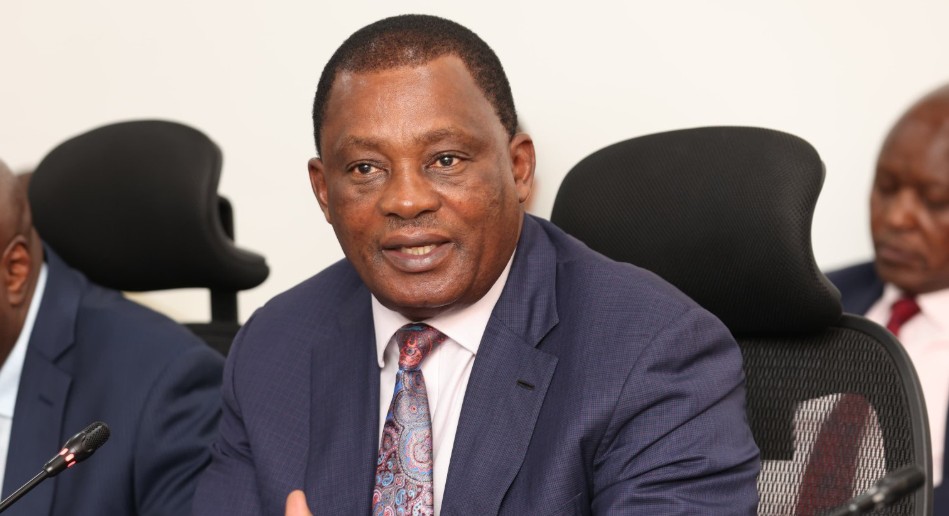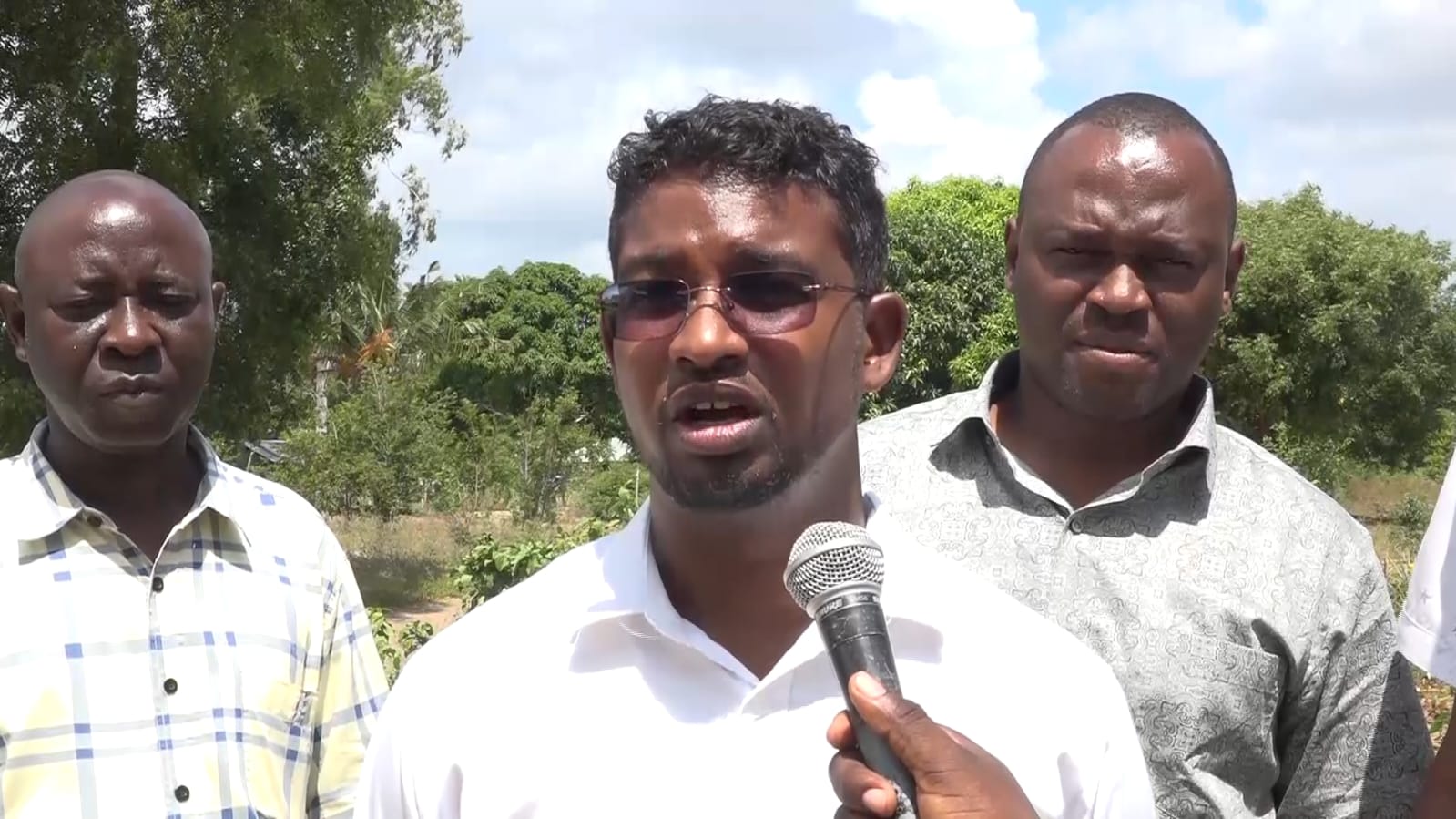Ruto: Muturi dismissed himself by skipping Cabinet meetings

Despite the concerns, the president said he persuaded him to take up the position. However, he later realised that the role was taking a toll on him.
President William Ruto has said former Public Service Cabinet Secretary Justin Muturi effectively dismissed himself from government after failing to perform in his role and later skipping Cabinet meetings.
Speaking on Monday during an interview with vernacular media houses, Ruto revealed that he had initially appointed Muturi as Attorney General but was warned by Muturi himself that he had been out of legal practice for too long and might struggle with the role.
More To Read
- State unveils Sh5 trillion infrastructure plan, JKIA upgrade and new airport to start in January 2026
- Speaker Kingi submits list of absentee landlord farms to Ruto for squatter resettlement
- President Ruto leads nation in mourning former Lugari MP Cyrus Jirongo
- Ruto honours Benni McCarthy, Harriet Okach for elevating Kenya’s sports profile
- JKIA–ABC road corridor to get new look as Ruto revives city roadworks
- Ruto honours Kristina Kenyatta, Dorcas Oduor, William Kabogo with EGH awards
“When I appointed my friend JB Muturi to be Kenya’s Attorney General, he himself came to me and explained that he had been out of legal practice for too long, and he would be overwhelmed by the appointment,” Ruto said.
Despite the concerns, the president said he persuaded him to take up the position. However, he later realised that the role was taking a toll on him.
“I gave him the benefit of doubt and persuaded him to take it up, but after some time, I realized it was taking a toll on him, as he had earlier hinted to me. I take responsibility for not having listened to him earlier,” Ruto said.
The president went on to claim that government departments that sought legal counsel from the Attorney General’s office during Muturi’s tenure often found the office incompetent.
“Ask any government department who sought legal counsel from the Attorney General when JB Muturi was in office, they would tell you stories of the incompetence of that office,” Ruto said.
In an attempt to accommodate Muturi, Ruto reassigned him to a Cabinet Secretary position, hoping he would settle in. However, he said Muturi later stopped showing up for work.
“I then decided to switch him up to a Cabinet Secretary position, hoping he would settle in, only for him to start making excuses on why he wasn’t turning up for work,” the president explained.
Last week, Ruto fired Muturi, replacing him with Mbeere North Member of Parliament Geoffrey Ruku.
However, the Head of State maintained that Muturi was not fired but effectively dismissed himself by failing to attend Cabinet meetings.
“Let me ask you people, if someone absconds duty, is it me who fired him or he’s the one who fired himself? I gave my friend JB Muturi a second chance, but in the process, he decided to dismiss himself,” he said.
Despite his exit from government, Ruto said Muturi would not struggle financially as he is entitled to a good pension from his time as National Assembly Speaker.
“Justin Muturi dismissed himself, but it is not the end of the road. He has a very good pension as a former speaker, so he will not suffer. It will help him move forward,” Ruto said.
In a previous interview with Citizen TV, Muturi explained that he intentionally skipped Cabinet meetings to protest the government’s failure to address abductions and extrajudicial killings in the country.
Muturi revealed that he had missed three consecutive Cabinet meetings: one on January 21, another on February 11, and the most recent on March 11.
He clarified that he had formally requested an exemption from attending the meetings, seeking approval from President Ruto, who chairs the Cabinet sessions.
“I have written and sought to be excused from attending Cabinet meetings until or unless the issue of abductions and extrajudicial killings is formally presented before Cabinet through a memorandum,” Muturi said.
He emphasised that the Cabinet, being the highest decision-making body, needed to take a stand on these matters and provide guidance for the country.
Muturi dismissed any suggestions that his absence constituted insubordination, asserting that his request for exemption was within his rights as a Cabinet member.
“Everyone in this country knows that these issues have been widely discussed. If the Cabinet cannot express itself, debate, and offer direction on these matters, it risks being seen as complicit or as condoning these injustices.”
Top Stories Today











































